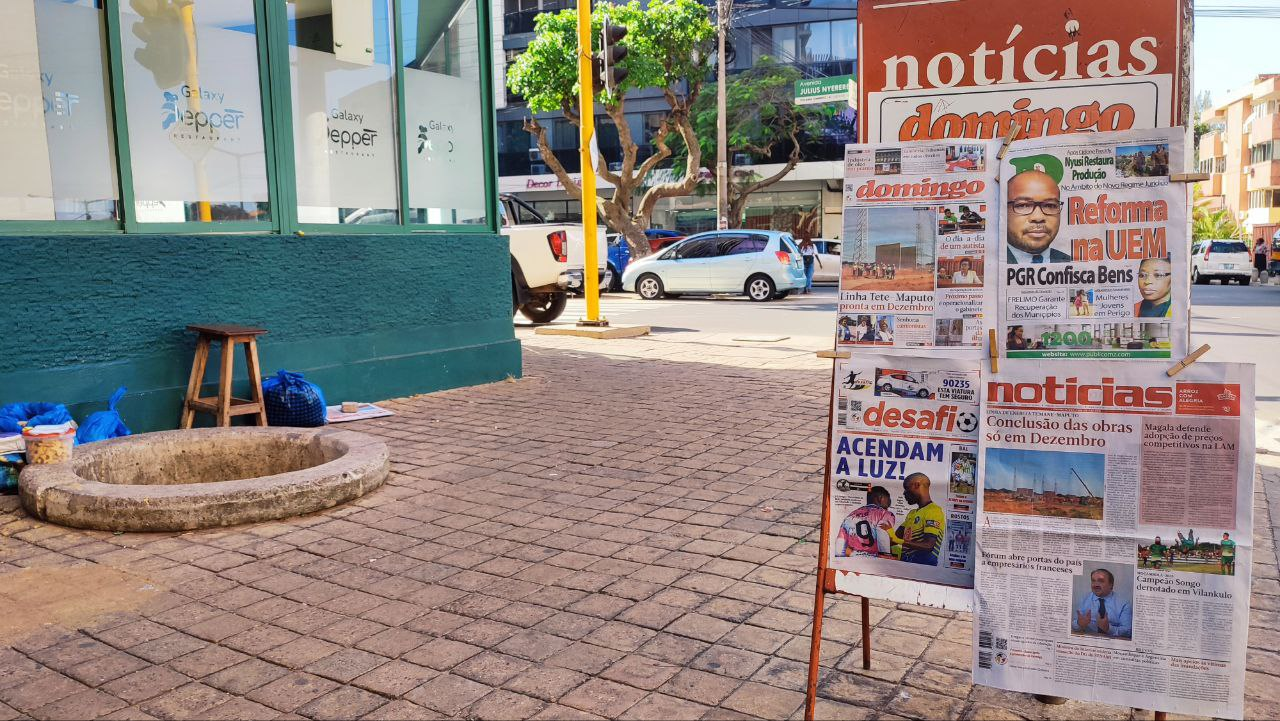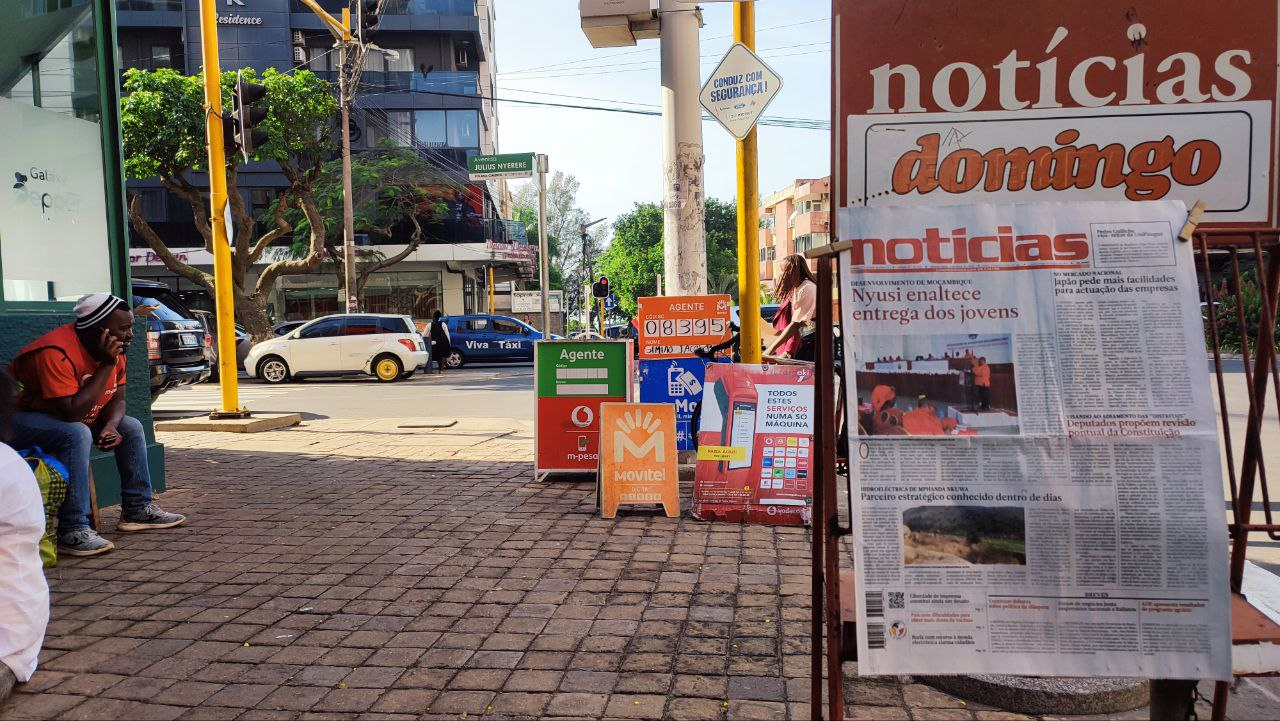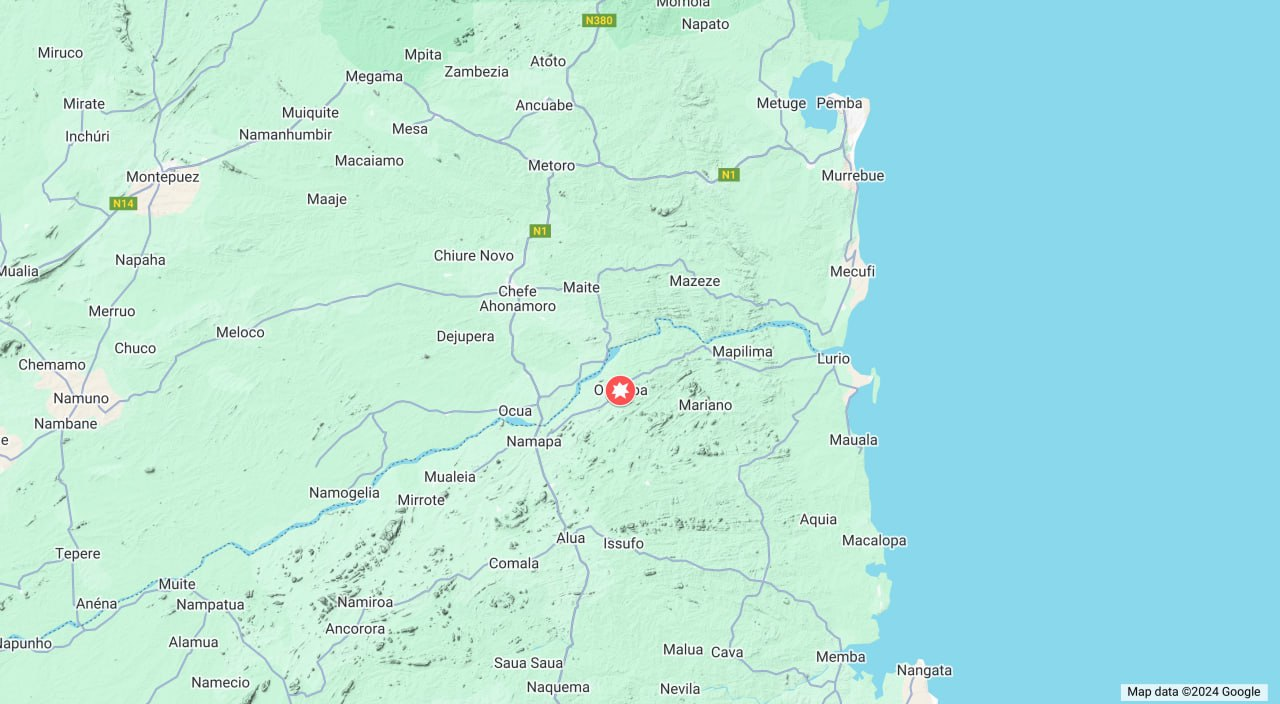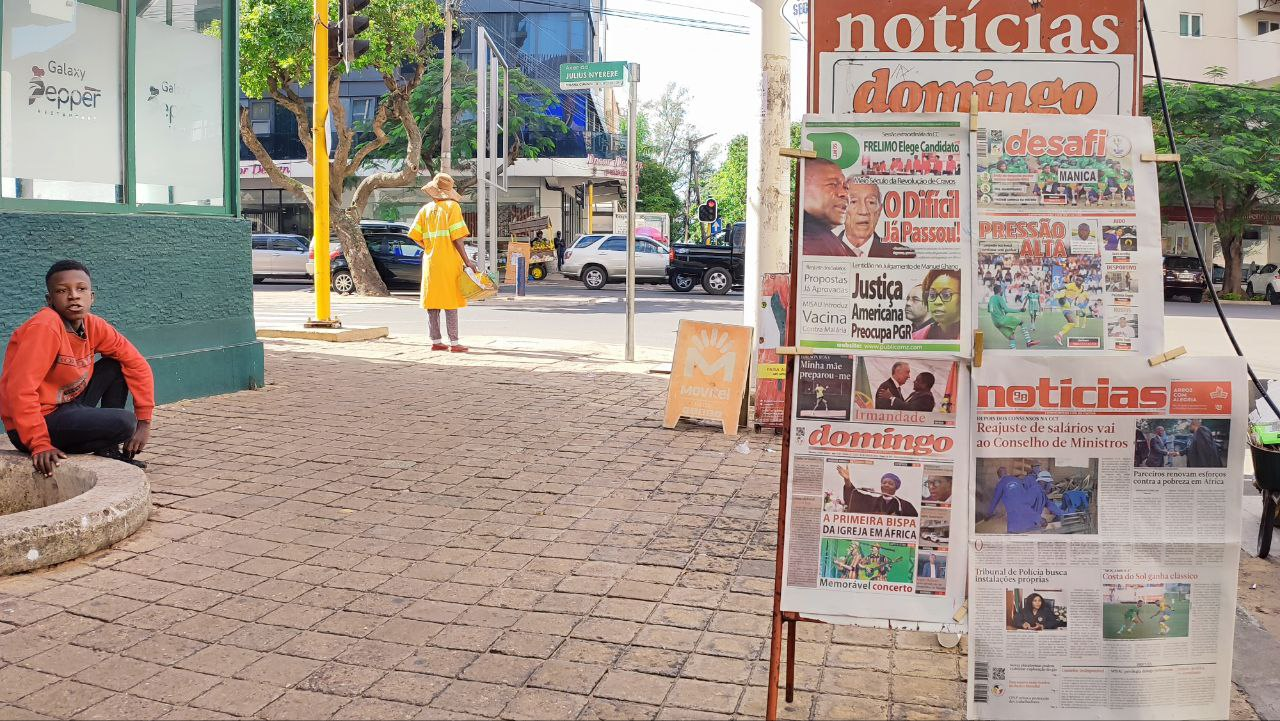Good afternoon. While India is facing an acute shortage of toor dal, a staple food for its poorer population, in Mozambique, the main African exporter, a bureaucratic underground battle is preventing the lentils to reach its ports of destination.
Leader article continues below for Pro subscribers. Subscribers to the Zitamar News tier can read the full leader article here.
Pigeon peas, as well as sesame and soyabeans, are not traditionally eaten among the Mozambican peasant population and are produced and sold as cash crops, particularly to India where they are a staple and domestic production is insufficient. This commercial season, pigeon peas are being bought at 25 meticais ($0.40) per kilo, a market of roughly $90m to be distributed among producers.
The Indian High Commission in Maputo last week published a statement on its website confirming that there was no quota, limit or import levy on importing pigeon peas (toor dal in Hindi, or feijão boer in Portuguese). However, the Cereals Institute of Mozambique (ICM), a government body under the Ministry of Industry and Commerce, has imposed a quota of 200.000 tons in the 2023-2024 fiscal period, and requires exporters to bid for a share of the quota. According to ICM, 33 companies bid for the quota out of 45 that were shortlisted.









